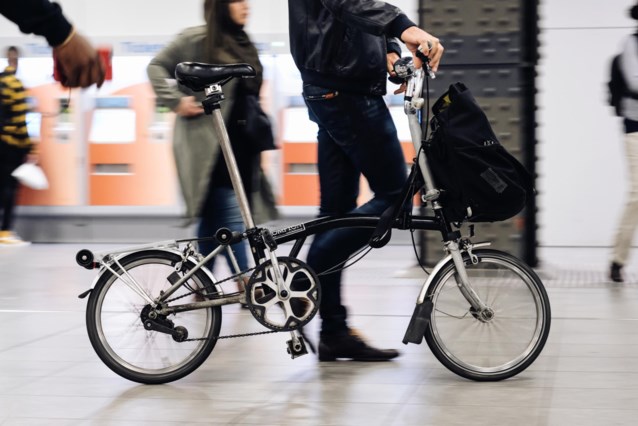The mobility budget will be in existence for six years next month. The alternative to a salary car is still offered only with a small minority of employers, but it has become increasingly popular in recent years. HR service providers SD Worx and Acerta report this on Thursday.
The analysis of SD Worx, which is based on data from more than 37,000 employers and 1.1 million employees, shows that the total share of employees with a mobility budget remains at 0.85 percent. “Given the limited absolute numbers, the mobility budget remains a differentiator in the war for talent”, Says SD Worx.
Brussels in the lead
Brussels turns out to be a leader. There, 13.5 percent of employees opted for a mobility budget, compared to 3.7 percent in Flanders and 2.5 percent in Wallonia. It is also the employers in and around the capital that most often offer the mobility budget to employees who are entitled to a salary car.
Read too. Not a company car but a mobility budget: what can you do with it? And how much is that then?
In Brussels, 5.2 percent of employers work with the mobility budget, compared to 1.6 percent in Flanders and 1.2 percent in Wallonia. If we look at the provinces, employers in Flemish Brabant (3.8 percent) and Walloon Brabant (3.5 percent) most often offer the mobility budget. In Flanders, employers from Limburg (1 percent) and West Flanders (0.9 percent) are the least their way to the mobility budget.
Starters, Feertigers and Fifties
From the analysis of Acerta, which is based on the data of more than 350,000 employees and more than 28,000 employers from the private sector, supplemented with data from the Digital HR platform MBrella, starters opt for a mobility budget instead of a salary car. And in the last year, in their fifties and fifties, it has more often exchanged their salary car for a mobility budget.
“The children are often out the door, some people take the step to an apartment in the center, and a car is less a must,” said Acerta. “That all points to a real potential of the mobility budget. But the fact that the percentages still remain low despite the growth indicates that that potential is not yet fully utilized. ”
The analysis of Acerta also shows that the average amount awarded is 7,294.96 euros. Repaying housing costs in particular remains popular.
The new federal government announced that it wanted to reform the mobility budget, so that employers will have to systematically offer it to employees with right to a company car.
